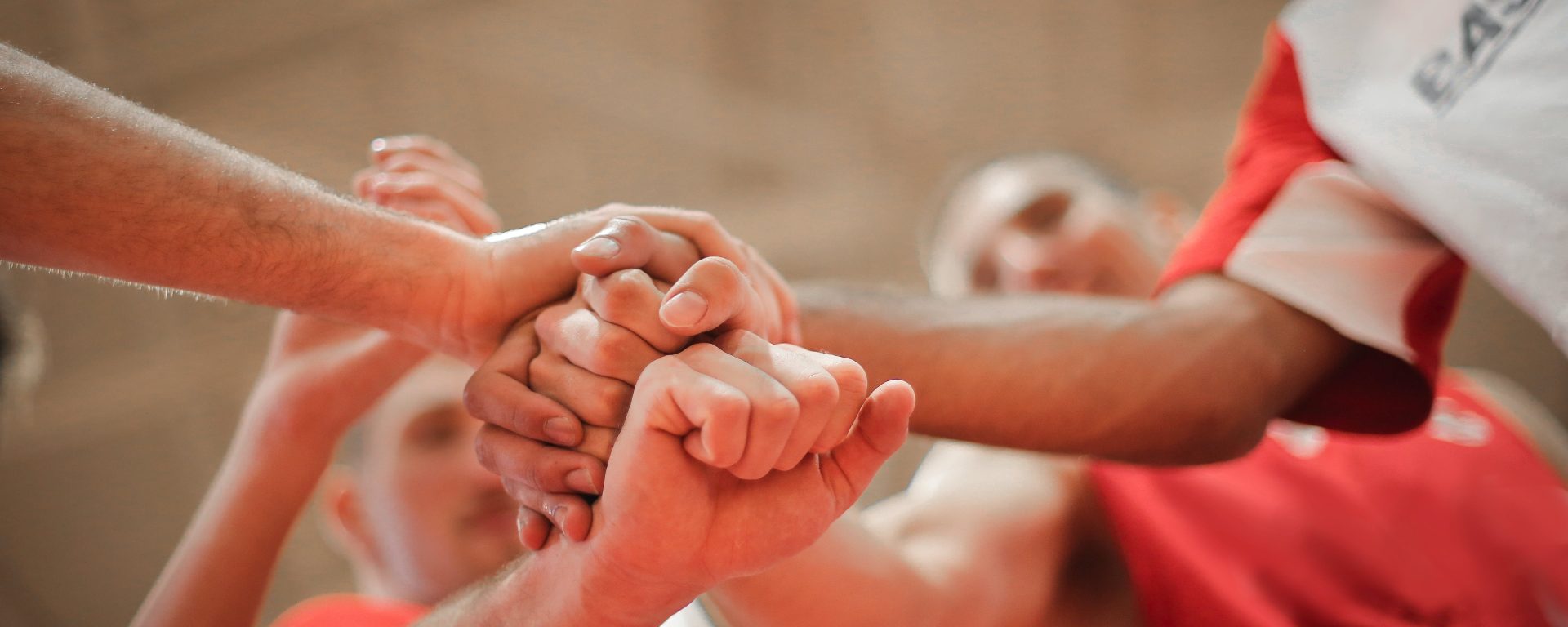The utilization of sports massage within the athletic community is widespread, yet its therapeutic benefits remain a subject of limited empirical evidence. In 2004, the investigation conducted by Sven Jönhagen, et. al., sought to elucidate the potential of sports massage in augmenting recovery following eccentric exercise, a common modality in athletic training.
The hypothesis posited that sports massage intervention could mitigate the adverse effects of eccentric exercise and enhance the recovery process.
In a prospective randomized clinical trial, sixteen participants underwent 300 maximal eccentric contractions of the quadriceps muscle bilaterally. One leg received sports massage treatment, while the other served as a control. The massage sessions were administered once daily for three consecutive days. Maximal strength measurements were conducted using a Kin-Com dynamometer, while functional assessments were based on 1-leg long jumps. Pain levels were evaluated utilizing a visual analog scale.
Following eccentric exercise, a significant decline in quadriceps strength and function was observed immediately post-exercise and on the third day thereafter. Contrary to the hypothesis, the administration of sports massage did not yield any discernible effect on the intensity or duration of pain, nor did it ameliorate the loss of strength or function subsequent to exercise.
The findings of this study suggest that sports massage does not confer benefits in improving recovery from eccentric exercise. Despite its widespread use, the therapeutic utility of sports massage in this context appears to be limited. These results underscore the importance of further research to ascertain alternative or complementary modalities for optimizing post-exercise recovery in athletic populations.
Reference: Jönhagen, S., Ackermann, P., Eriksson, T., Saartok, T., & Renström, P. A. (2004). Sports massage after eccentric exercise. The American journal of sports medicine, 32(6), 1499-1503.
